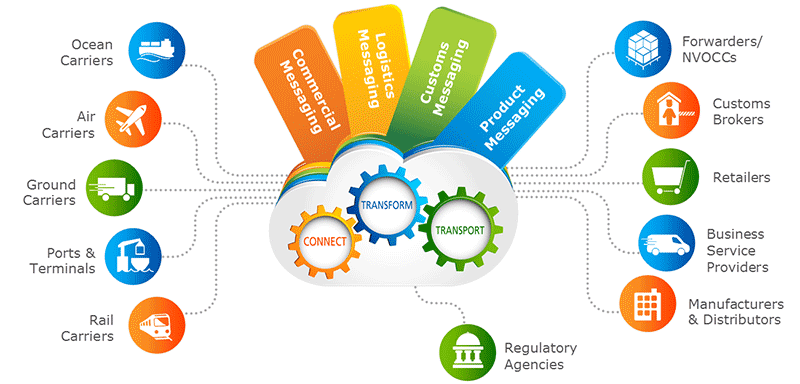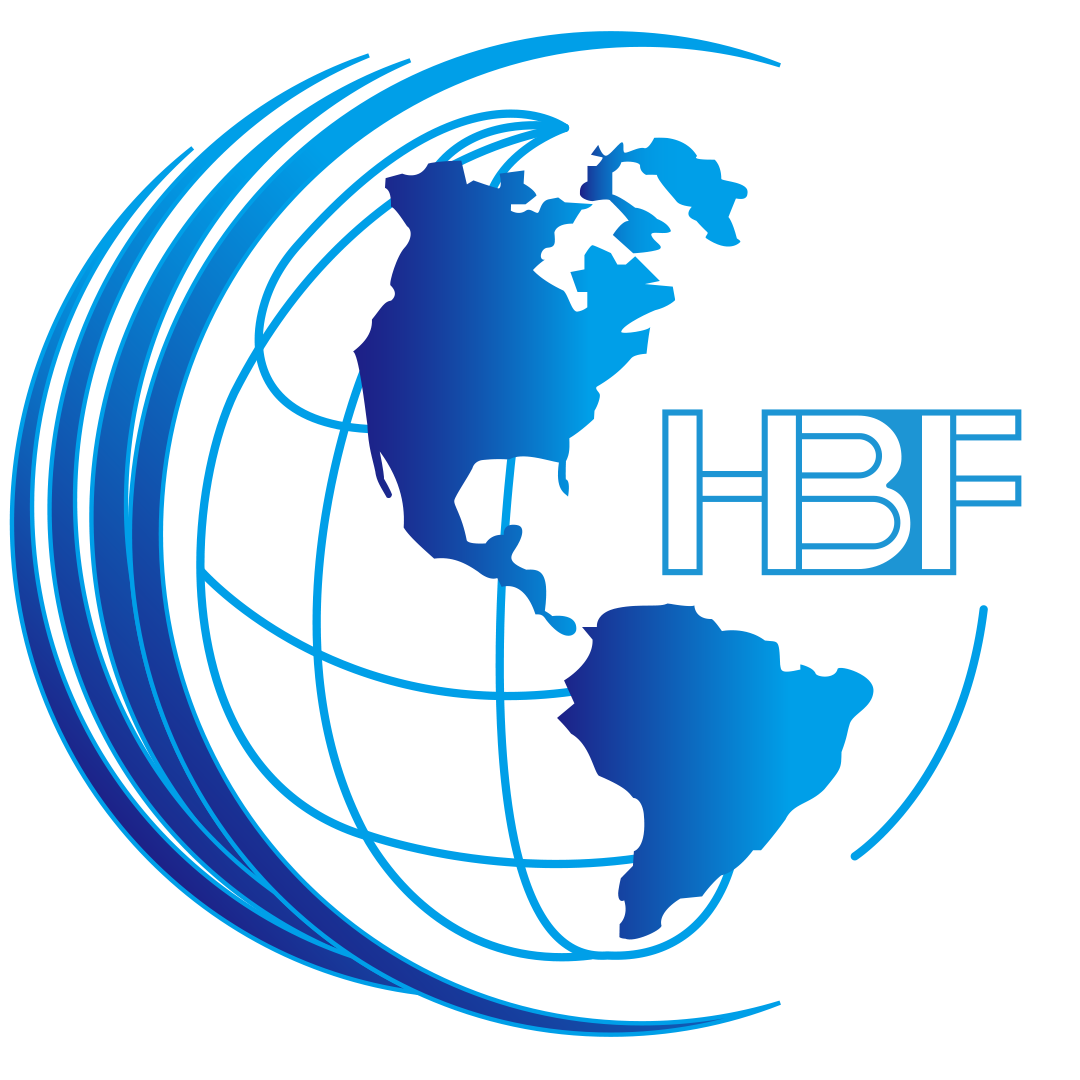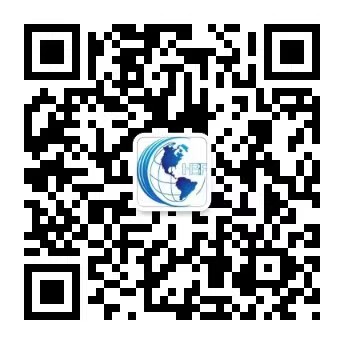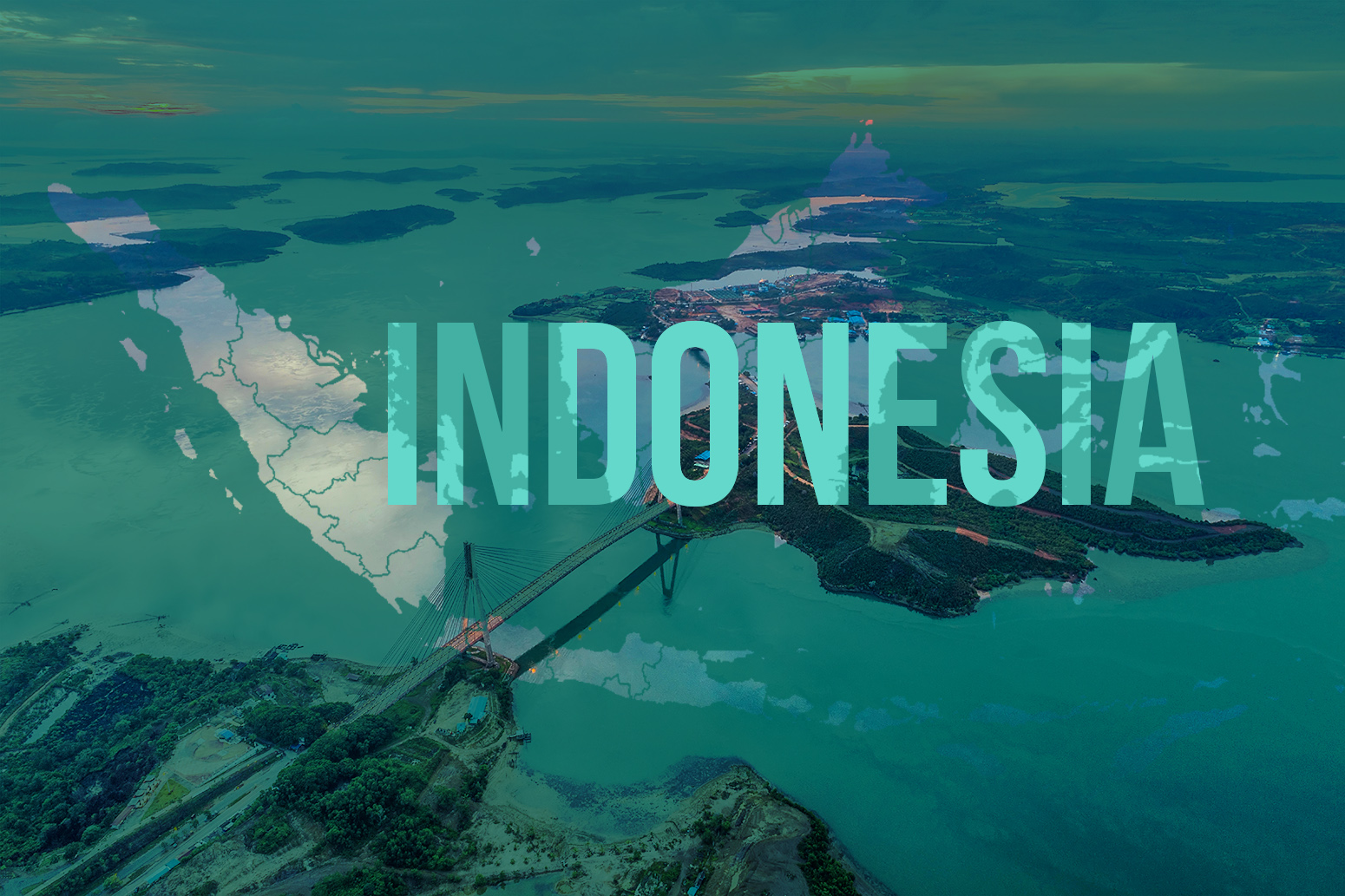印尼进口许可证深度科普
一、进口许可证的核心作用与政策背景
印尼作为东南亚最大的经济体,其进口监管体系以“许可证制度”为核心,旨在保护本土产业、规范商品质量及税收管理。根据印尼贸易部2021年第29号法规,所有进口商必须持有有效的 进口许可证(Angka Pengenal Impor, API),否则可能面临货物扣押、高额罚款甚至法律诉讼
案例:一家中国电子设备制造商因未申请API-P(生产者许可证)直接进口半导体材料,被印尼海关扣留货物并处以货值15%的罚款,导致项目延期3个月。
二、进口许可证的四大类型及适用场景
API-U(一般进口许可证)
- 适用对象:从事成品贸易的经销商或零售商,如服装、医疗器械等。
- 限制:不可进口生产性原材料。
- 案例:某家居用品贸易公司通过API-U进口成品家具,在雅加达分销至本地超市,需确保商品包装标注印尼语说明及SNI认证标志
API-P(生产者进口许可证)
- 适用对象:制造业企业,仅限进口自用原材料或设备,如化工原料、机械零件。
- 附加要求:需同步申请工业许可证(IUI)和公司注册证(TDP)。
- 案例:一家汽车零部件厂通过API-P进口钢材,需提供生产计划书及原材料与成品的HS编码对应表
API-T(有限进口许可证)
- 特点:通过印尼投资协调委员会(BKPM)申请,预扣税率仅2.5%(正常为7.5%),适用于医药、危险品等特殊商品。
- 案例:某制药企业通过API-T进口疫苗原料,需额外提交药品生产许可证及印尼卫生部审批文件
NPIK(特别进口许可证)
- 适用商品:电子产品、玩具、纺织品等敏感品类,需每5年续期一次。
- 案例:进口LED灯具需NPIK+SNI认证,且外包装须标注能效等级
重要规则:同一企业不可同时持有API-U与API-P,需分别注册贸易与制造实体
三、申请流程实战解析(附时间线)
前期准备
- 公司注册:外资贸易公司注册资本需100亿印尼盾(约450万人民币),首次实缴不低于25%
- HS编码确认:例如,进口陶瓷制品需对应HS 6907.1000,并确认是否需要清真认证
在线申请(OSS系统)
- 材料清单:公司章程、进口商品清单、NIB(企业识别号)、NPWP(纳税人识别号)。
- 案例:某食品进口商通过OSS系统3个工作日内获批API-U,但因未提交清真证书被要求补件
海关合规
- NIK标识符申请:用于报关单(PIB)申报,需与提单、发票信息完全一致。
- 案例:一批服装因提单标注“100%棉”而实际含涤纶成分,被海关判定“单货不符”整柜退运
特殊商品附加流程
- SNI认证:如电风扇需通过印尼国家标准局测试,认证周期3-4个月,费用约20-30万元
- POSTEL认证:带WiFi模块的电子产品需申请无线电设备准入许可,测试项目包括电磁兼容性
四、避坑指南与典型案例
红灯期应对策略
- 时间:每年12月-次年3月,海关查验率提升至80%以上。
- 案例:2024年一家纺织品进口商因未预留14天免柜期,产生滞港费超1.5万美元
- 建议:
- 提前3个月备货,选择DDP(完税交货)模式,利用资质代理通关。
- 申请SGS装柜前检验,减少目的港开箱概率
税务优化技巧
- API持有者优惠:进口所得税率2.5%(无证企业7.5%),例如进口价值100万美元的机械可节省5万美元
- 自贸区政策:巴淡岛自贸区(FTZ)企业可享10年所得税减免,进口原材料免税
文件一致性雷区
- 典型错误:HS编码误差(如将“合成纤维”误报为“天然纤维”),导致关税差异和扣货。
- 案例:某企业因发票货值低报30%被海关追缴税款并罚款货值20%
五、特殊商品与附加许可实例
限制类商品
- 燕窝:需卫生检验报告+配额证书,单次进口量不得超过50公斤
- 尿素肥料:进口商需提交声明函,承诺不用于政府补贴项目
禁止进口类
- 二手电子产品:如翻新手机,需特别审批且仅限维修用途
- 含酒精饮料:仅限持酒类特许进口证的企业,且需缴纳200%奢侈品税
- 通过以上内容,企业可系统掌握印尼进口的核心规则,结合专业代理服务优化流程。案例分析与实操要点结合政策,助您高效合规开拓东南亚市场。
In-Depth Guide to Indonesia Import Licenses
1. Core Role and Policy Background of Import Licenses
Indonesia, as Southeast Asia's largest economy, implements a strict import license (Angka Pengenal Impor, API) system to regulate trade, protect domestic industries, and ensure tax compliance. Under Regulation 29/2021 by the Ministry of Trade, all importers must obtain an API to legally import goods. Failure to comply may result in cargo seizures, fines (up to 15% of the cargo value), or legal actions
Case Study: A Chinese electronics manufacturer attempted to import semiconductor materials without an API-P (Producer License). The cargo was detained, and the company faced a 15% penalty, delaying the project by three months.
2. Four Types of Import Licenses and Use Cases
API-U (General Import License)
- Applicability: For distributors/retailers importing finished goods (e.g., furniture, medical devices).
- Requirements: Indonesian company registration, Indonesian-language labeling, and SNI certification for specific products (e.g., electronics)
- Case: A home goods company imported furniture via API-U, ensuring SNI marks and local distributor agreements.
API-P (Producer Import License)
- Applicability: Manufacturers importing raw materials (e.g., steel, chemicals) for production.
- Requirements: Industrial Business License (IUI) and Company Registration Certificate (TDP)
- Case: An auto parts factory imported steel under API-P, submitting production plans and HS code alignment documents.
API-T (Limited Import License)
- Features: Offers a 2.5% withholding tax rate (vs. 7.5% standard) for pharmaceuticals or hazardous materials. Requires BKPM approval and health ministry permits
- Case: A pharmaceutical company imported vaccine ingredients via API-T, submitting drug production licenses and health certifications.
NPIK (Special Import License)
- Applicability: Sensitive goods like electronics or toys, renewable every 5 years. Requires SNI certification and energy efficiency labeling (e.g., LED lights)
Rule: A single entity cannot hold both API-U and API-P; separate trade and manufacturing entities are required.
3. Step-by-Step Application Process (Timeline Included)
Preparatory Phase
- Company Registration: Foreign traders need a minimum paid-up capital of IDR 10 billion (~$450,000)
- HS Code Verification: Confirm product-specific requirements (e.g., HS 6907.1000 for ceramics and mandatory halal certification for food items).
Online Application via OSS System
- Documents: Articles of Association, NIB (Business ID), NPWP (Tax ID), and product list.
- Timeline: Approval typically takes 3–5 business days. Delays occur if supporting documents (e.g., halal certificates) are missing
Customs Compliance
- NIK (Customs Identifier): Required for customs declarations. Ensure consistency in bills of lading, invoices, and HS codes to avoid rejections
- Case: A clothing shipment labeled "100% cotton" was rejected due to polyester content discrepancies.
Additional Certifications
- SNI Certification: Mandatory for appliances, construction materials, etc. Testing takes 3–4 months and costs 20,000–30,000
- POSTEL Certification: Required for wireless devices (e.g., Wi-Fi routers), involving electromagnetic compliance tests
4. Compliance Risks and Mitigation Strategies
Red Light Period (December–March)
- Impact: Customs inspection rates exceed 80%, increasing delays and costs.
- Case: A textile importer incurred $15,000 in demurrage fees due to unplanned delays
- Solutions:
- Use DDP (Delivered Duty Paid) shipping and pre-shipment inspections (e.g., SGS)
- Stockpile inventory 3 months in advance.
Tax Optimization
- API Benefits: 2.5% import income tax rate (vs. 7.5% for unlicensed importers). For example, importing 1millionmachinerysaves50,000
- Free Trade Zones: Companies in Batam FTZ enjoy 10-year tax holidays and duty-free raw material imports
Document Accuracy
- Critical Errors: Misclassified HS codes (e.g., "synthetic fiber" vs. "natural fiber") lead to tariff disputes.
- Case: An importer underdeclared cargo value by 30%, resulting in back taxes and a 20% penalty
5. Special Goods and Additional Permits
Restricted Items
- Edible Bird’s Nest: Requires hygiene reports and quota certificates (max 50 kg per shipment).
- Urea Fertilizers: Importers must submit declarations confirming non-subsidized use.
Prohibited Items
- Second-Hand Electronics: Only allowed for repair purposes with special permits.
- Alcoholic Beverages: Subject to 200% luxury tax and exclusive licensing
- By integrating policy updates, case studies, and compliance strategies, businesses can navigate Indonesia’s import landscape efficiently. Partnering with agencies further streamlines operations







